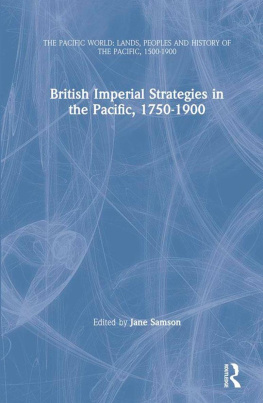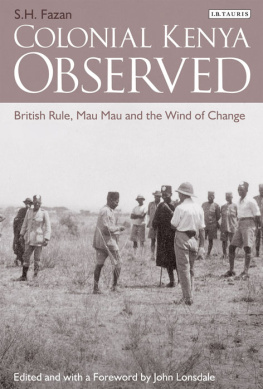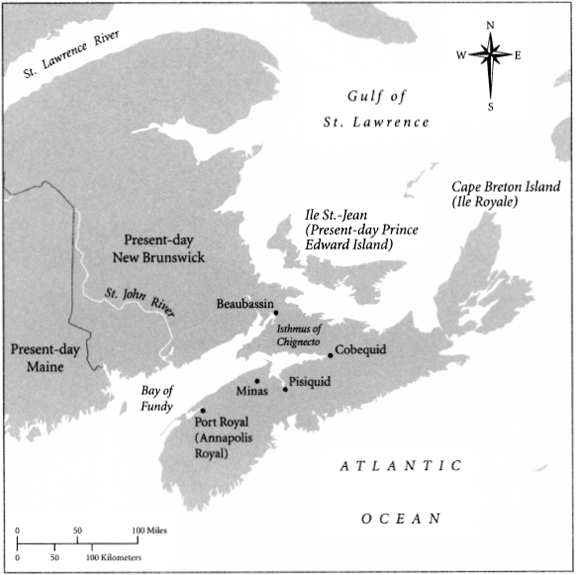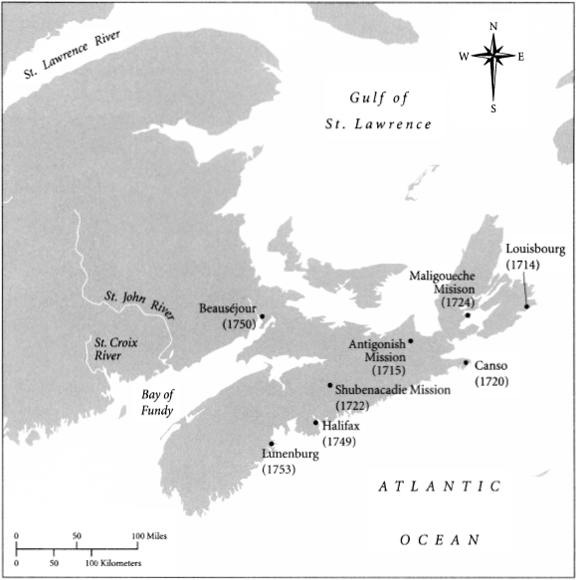Geoffrey Plank - An Unsettled Conquest: The British Campaign Against the Peoples of Acadia
Here you can read online Geoffrey Plank - An Unsettled Conquest: The British Campaign Against the Peoples of Acadia full text of the book (entire story) in english for free. Download pdf and epub, get meaning, cover and reviews about this ebook. year: 2000, publisher: University of Pennsylvania Press, genre: Politics. Description of the work, (preface) as well as reviews are available. Best literature library LitArk.com created for fans of good reading and offers a wide selection of genres:
Romance novel
Science fiction
Adventure
Detective
Science
History
Home and family
Prose
Art
Politics
Computer
Non-fiction
Religion
Business
Children
Humor
Choose a favorite category and find really read worthwhile books. Enjoy immersion in the world of imagination, feel the emotions of the characters or learn something new for yourself, make an fascinating discovery.

- Book:An Unsettled Conquest: The British Campaign Against the Peoples of Acadia
- Author:
- Publisher:University of Pennsylvania Press
- Genre:
- Year:2000
- Rating:5 / 5
- Favourites:Add to favourites
- Your mark:
An Unsettled Conquest: The British Campaign Against the Peoples of Acadia: summary, description and annotation
We offer to read an annotation, description, summary or preface (depends on what the author of the book "An Unsettled Conquest: The British Campaign Against the Peoples of Acadia" wrote himself). If you haven't found the necessary information about the book — write in the comments, we will try to find it.
The former French colony of Acadiapermanently renamed Nova Scotia by the British when they began an ambitious occupation of the territory in 1710witnessed one of the bitterest struggles in the British empire. Whereas in its other North American colonies Britain assumed it could garner the sympathies of fellow Europeans against the native peoples, in Nova Scotia nothing was further from the truth. The Mikmaq, the native local population, and the Acadians, descendants of the original French settlers, had coexisted for more than a hundred years prior to the British conquest, and their friendships, family ties, common Catholic religion, and commercial relationships proved resistant to British-enforced change. Unable to seize satisfactory political control over the region, despite numerous efforts at separating the Acadians and Mikmaq, the authorities took drastic steps in the 1750s, forcibly deporting the Acadians to other British colonies and systematically decimating the remaining native population.
The story of the removal of the Acadians, some of whose descendants are the Cajuns of Louisiana, and the subsequent oppression of the Mikmaq has never been completely told. In this first comprehensive history of the events leading up to the ultimate break-up of Nova Scotian society, Geoffrey Plank skillfully unravels the complex relationships of all of the groups involved, establishing the strong bonds between the Mikmaq and Acadians as well as the frustration of the British administrators that led to the Acadian removal, culminating in one of the most infamous events in North American history.
Geoffrey Plank: author's other books
Who wrote An Unsettled Conquest: The British Campaign Against the Peoples of Acadia? Find out the surname, the name of the author of the book and a list of all author's works by series.










